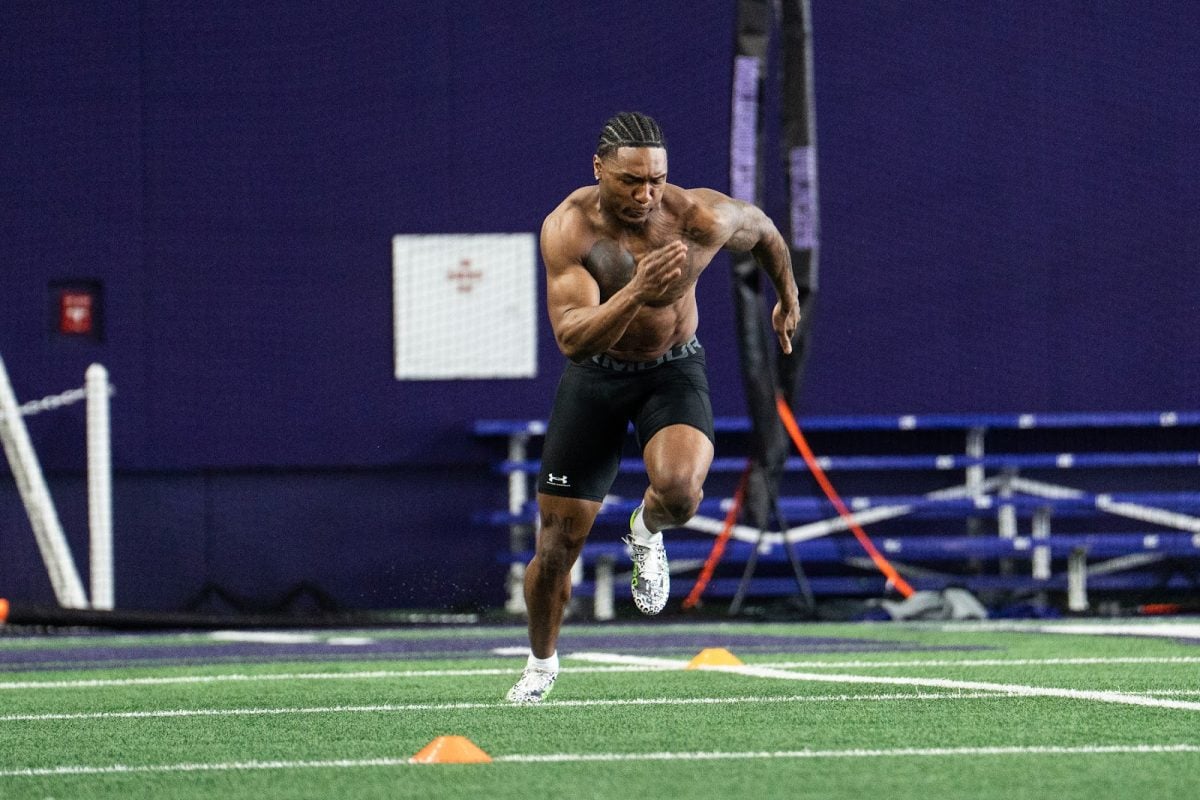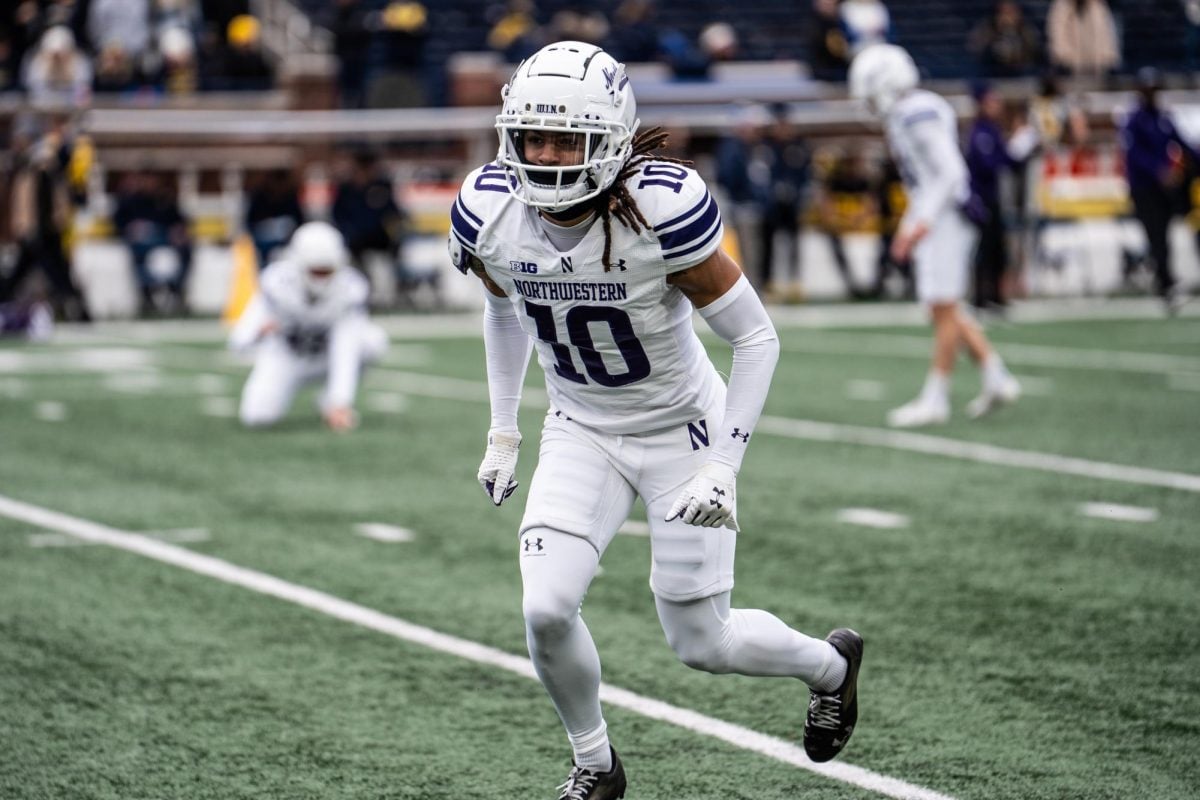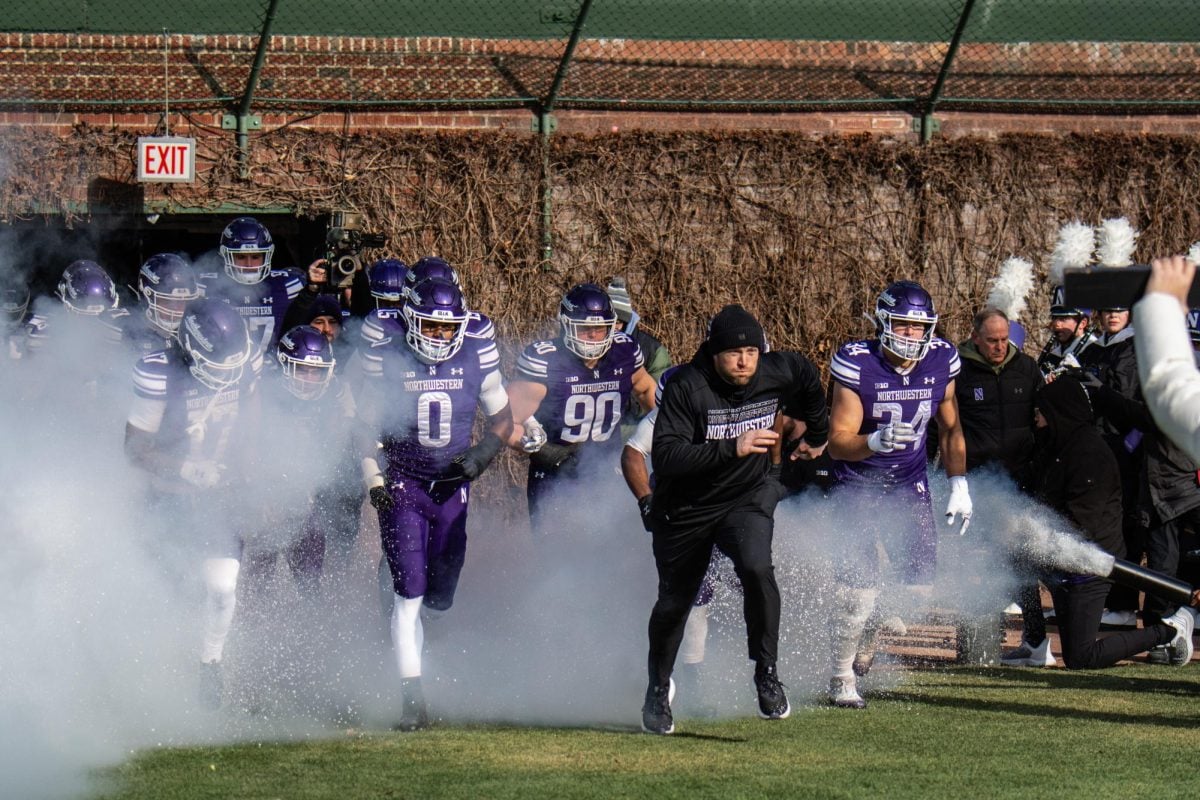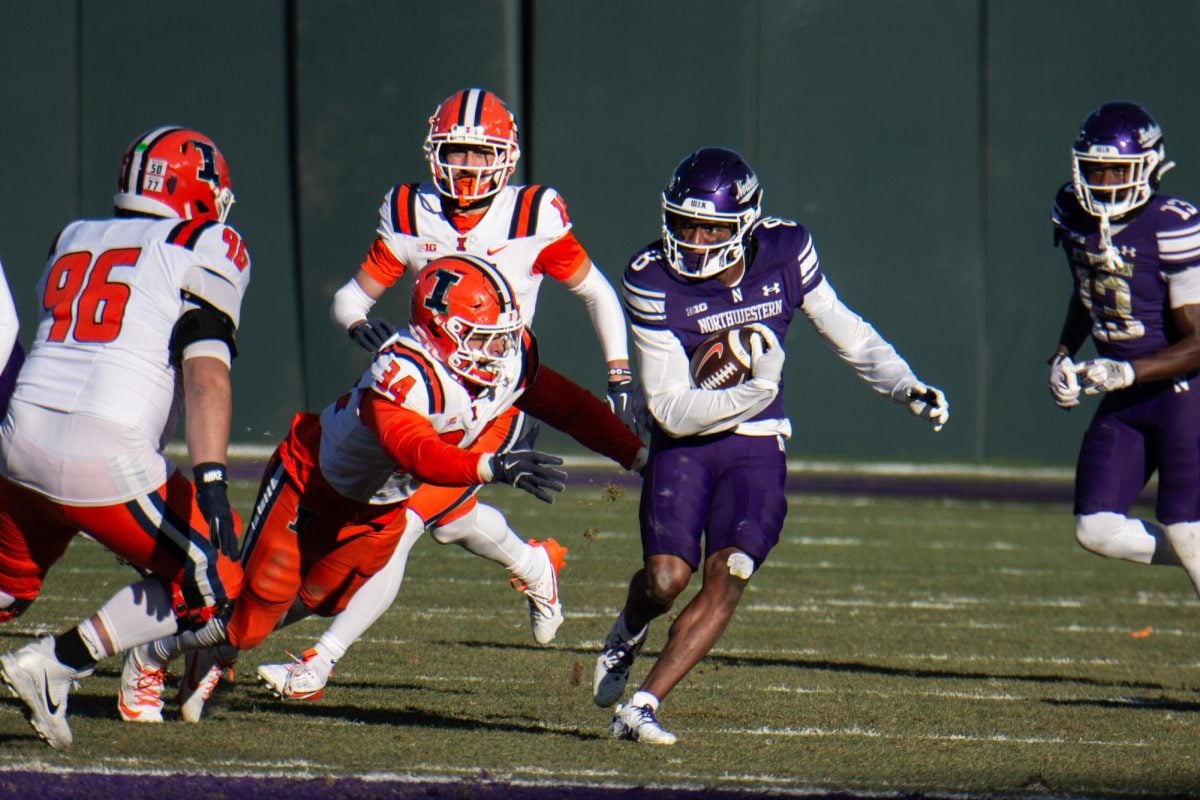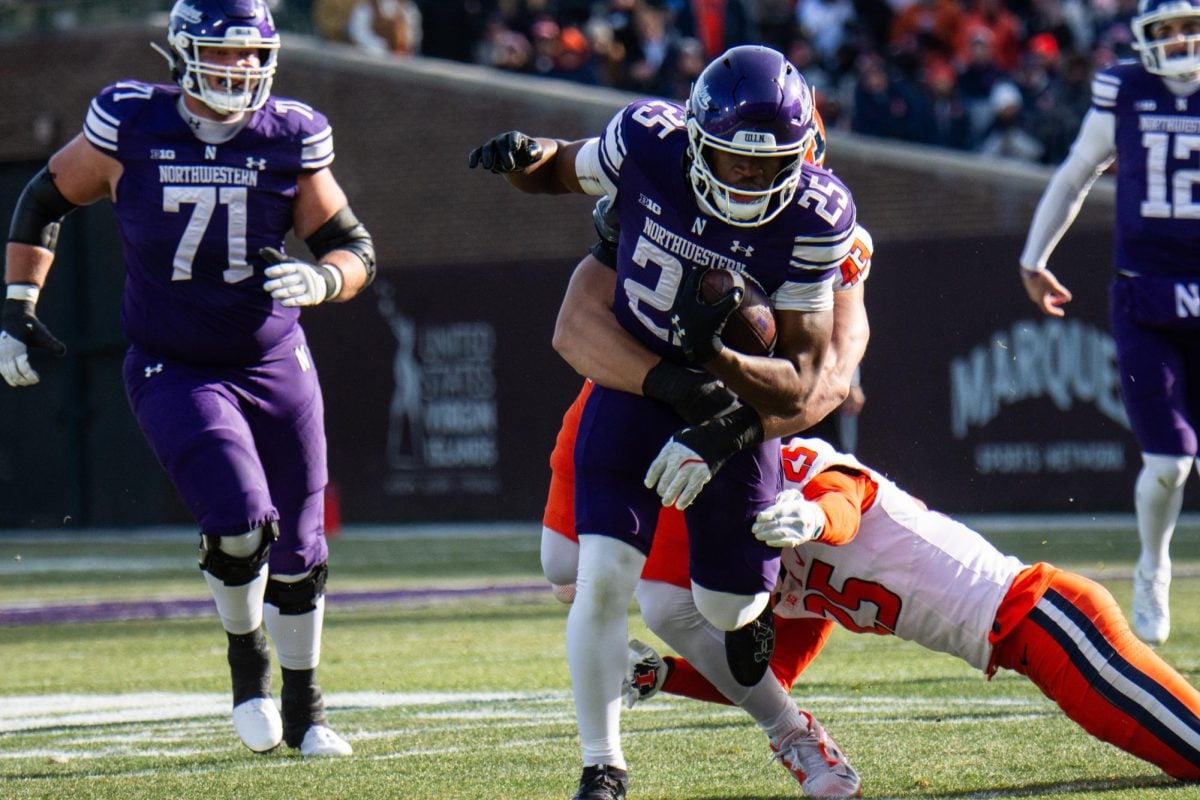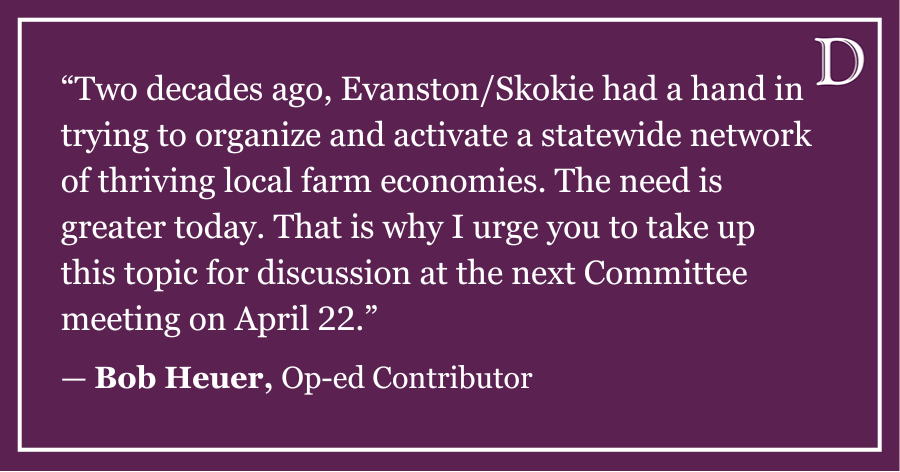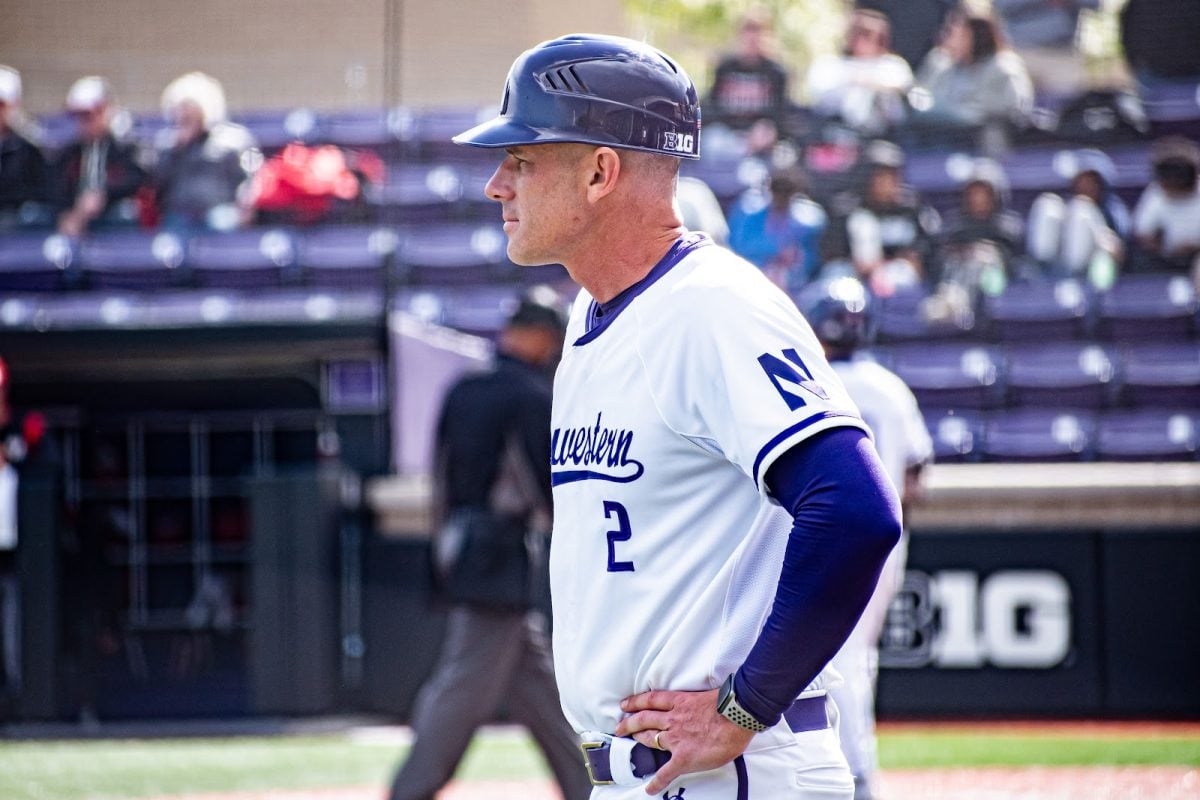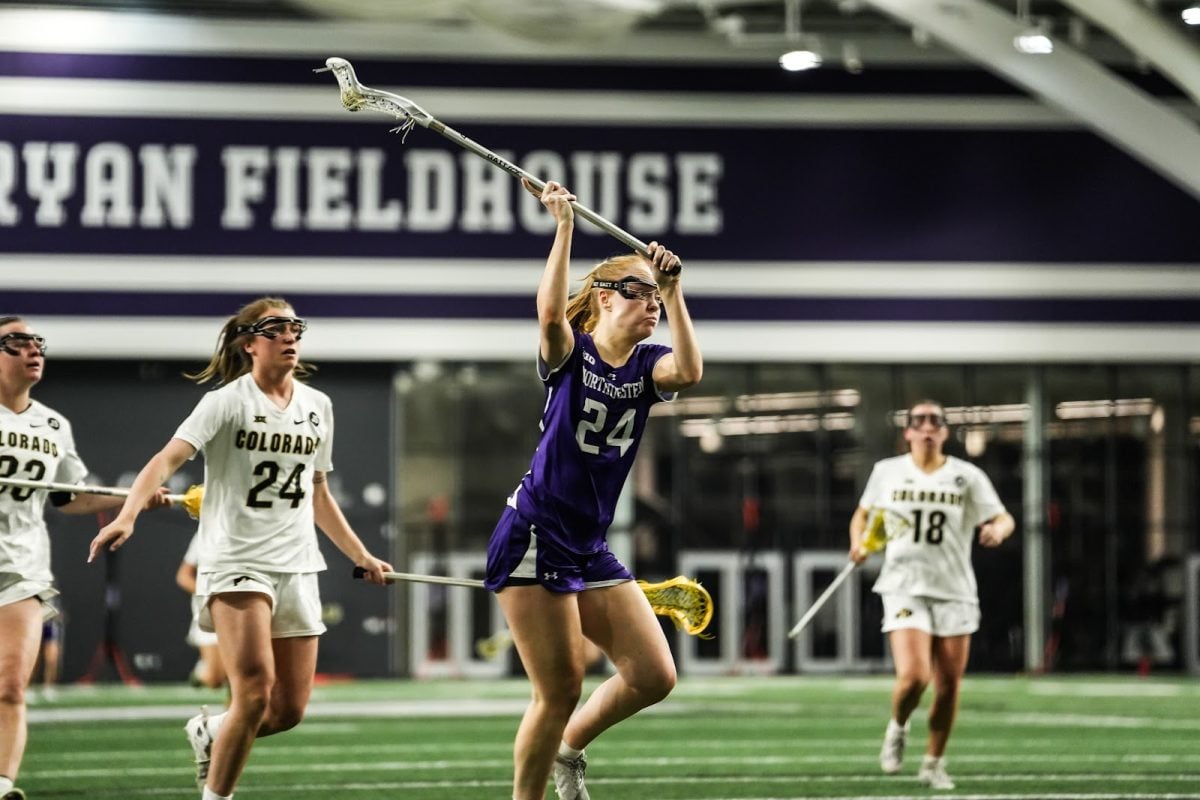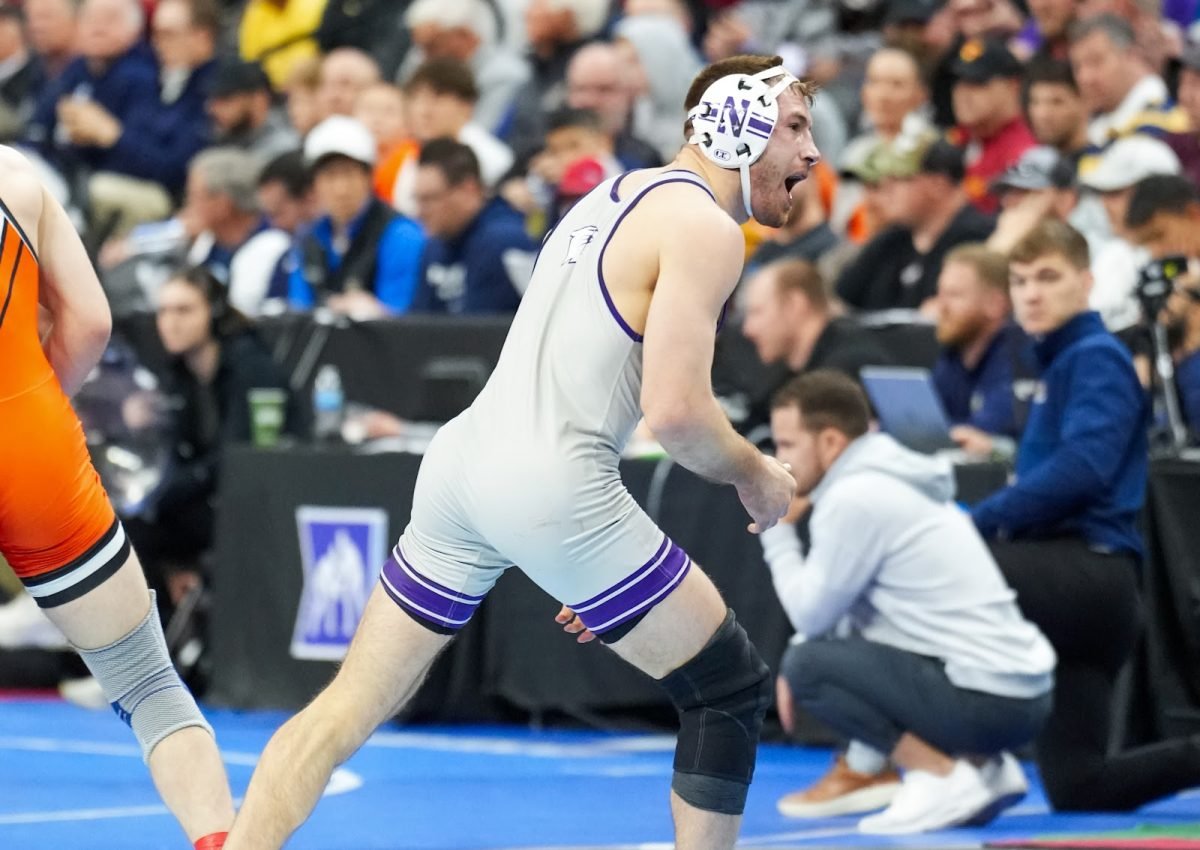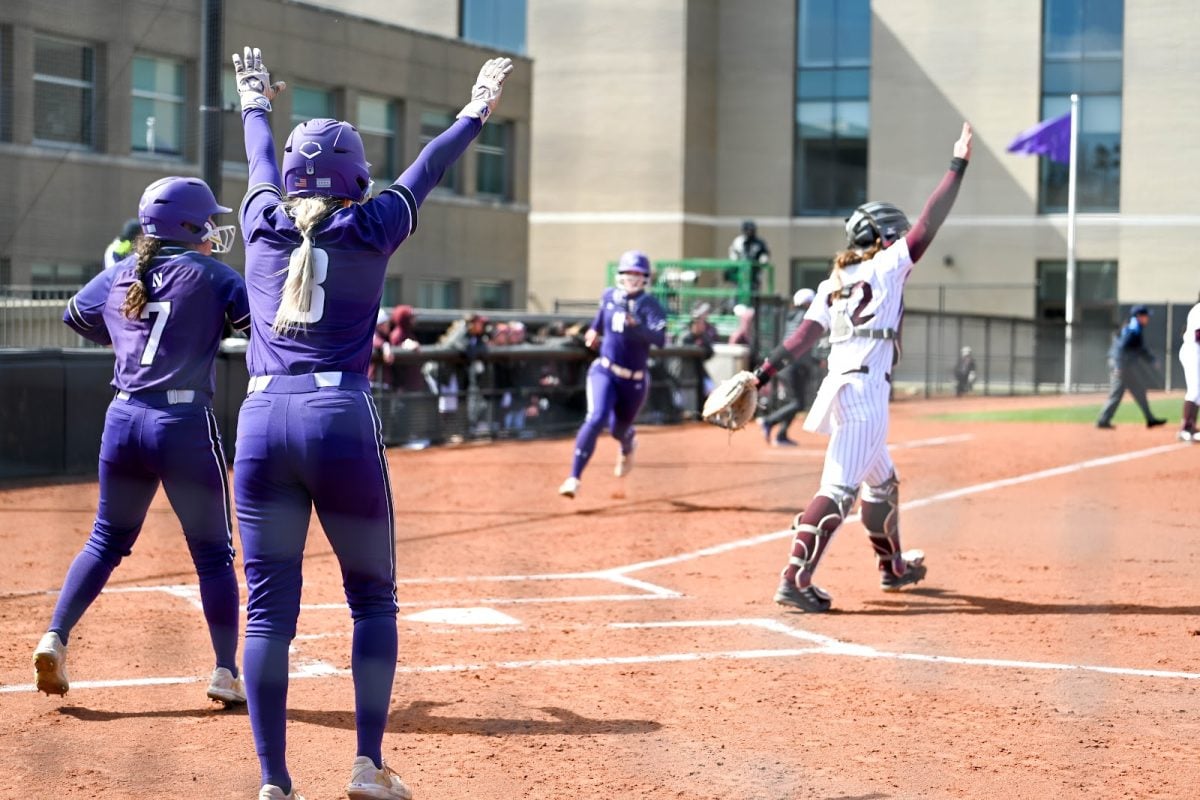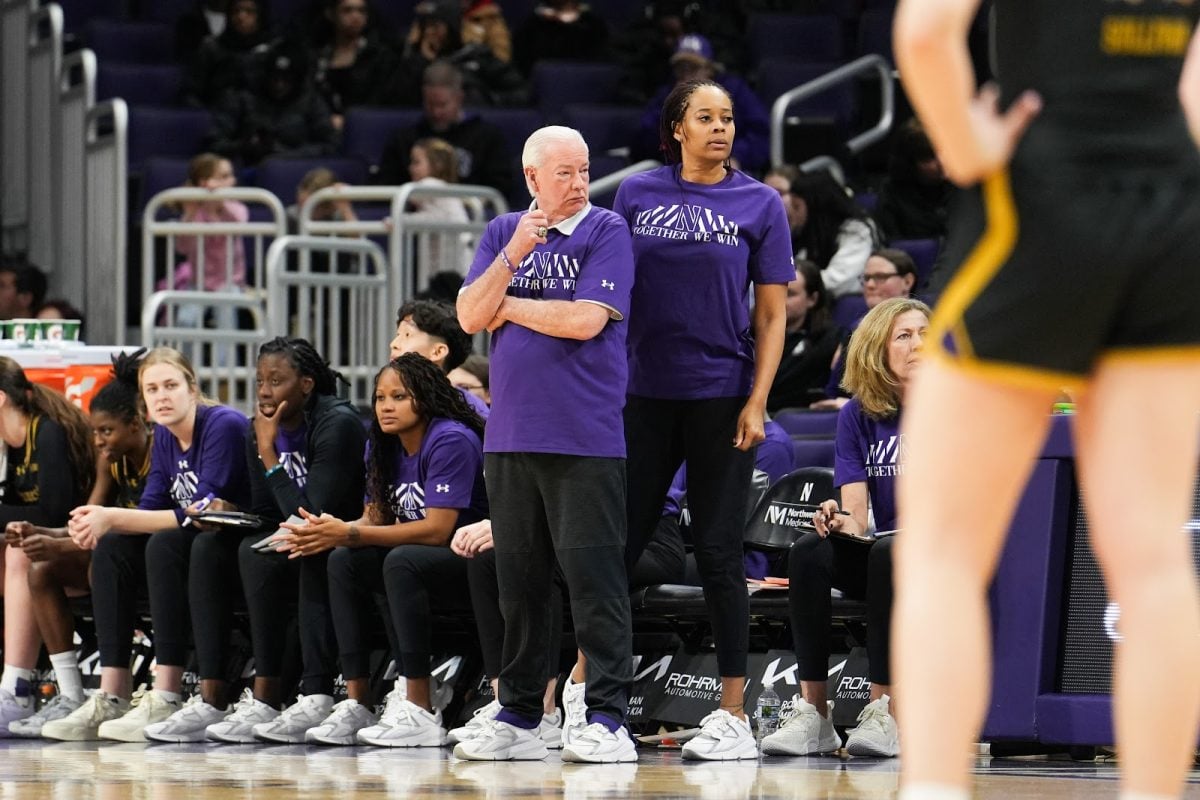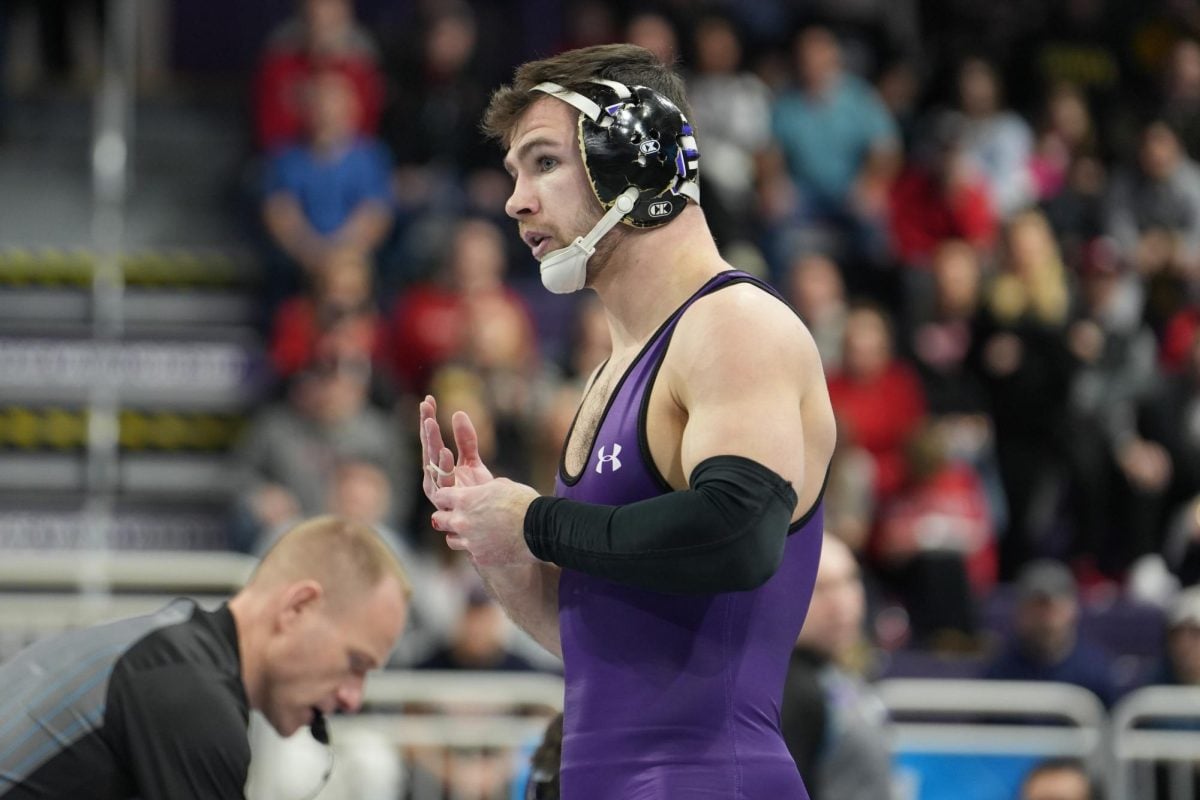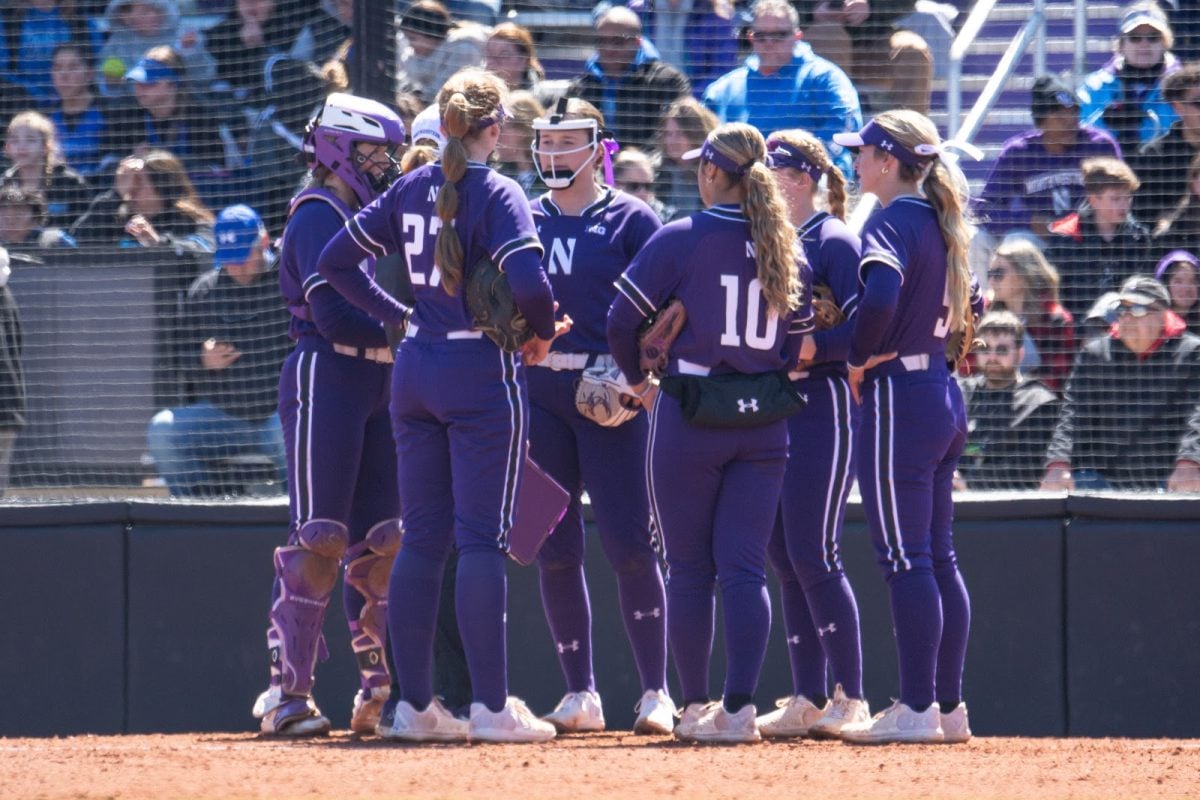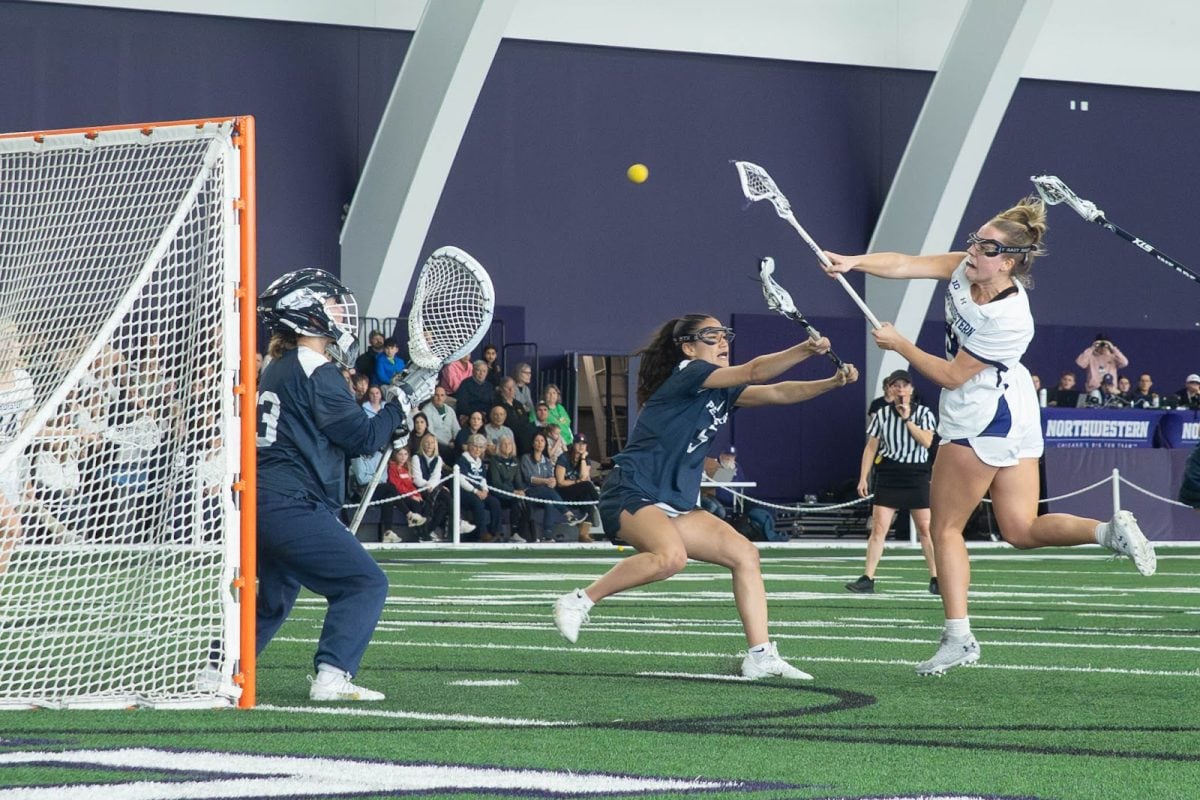On Tuesday, Yahoo! Sports reported senior quarterback Kain Colter took a class titled “Field Studies in the Modern Workplace” which sparked his interest in unions.
The Daily caught up over email with Nick Dorzweiler, the Ph.D. candidate in political theory who taught the course, to ask him about its themes and how it relates to Colter’s leadership in the effort to get NU’s players represented by a union.
(Kain Colter leading effort to get players represented by union)
The Daily Northwestern: Can you give me a basic overview of your course? What’s it about? What exactly is a Chicago Field Study?
Nick Dorzweiler: Chicago Field Studies is the largest academic internship program at Northwestern. Students accepted into the program intern in a range of professional and civic fields, from nonprofit and community organizations to business and law. But while they’re interning, students also take CFS courses on the Evanston campus that connect seminar readings and discussions with the internship’s work, organizational culture and current issues. CFS offers several different classes, including Business Field Studies, Field Studies in Civic Engagement, and so on. My course, Field Studies in the Modern Workplace, is one of these courses.
My particular class explores the social and political history of work as an experience in the United States, beginning with the rise of industrial labor in the late nineteenth century and going through to our service-based, white-collar economy of today. The point is to get students to reflect on what working means to them personally, how it affects their development as both human beings and citizens, and why our culture associates certain social and political values with work, but not others.
The Daily: What was your reaction when you saw that you were mentioned in the Yahoo story? Do you remember the interaction they mentioned at all? Would you like to clear up any misconceptions?
Dorzweiler: It was a surprise to be mentioned in Kain’s story, if only because I am a dissertation candidate working in the small sub-discipline of political theory. That’s not a big media draw.
Anyway, look: Kain is a smart, thoughtful student who took the aims of my course to heart, as do most of the students I get the opportunity to teach. I believe that a successful educational experience is one in which we find ways to articulate hopes, concerns, and potential we may not have known we had. So what one does in class should, ideally, fundamentally shape the way you approach the world around you. Of course, Kain was already thinking about the status of student-athletes before he set foot into my classroom. Still, I would be very pleased if he felt my course helped him in any way pursue his beliefs and passions. The work and research he did for class assignments — and the effect that work had on his life outside the classroom — affirms my belief in the very real importance of a liberal arts education. He taught me a lot.
The Daily: Obviously, your class is called Modern Workplace culture, is there an ultimate point that you have about that culture? Does your class teach that it is a certain way?
Dorzweiler: I wouldn’t say my course, Field Studies in the Modern Workplace, has an ultimate point about what work should be. If anything, the course teaches that the social and political values we associate with work have been in constant flux over the past 150 years. So the point is not to show that work “is” one way or another, but rather that they are entering a field of culture that is always in flux. As such, students have a very real role to play in strengthening or changing the world of work they’re about to enter.
The Daily: I know you said the class is not about unions, but what knowledge do you have of unions? You may not know much about the whole student-athlete situation right now, but could you see unions benefitting that group of people in any way?
Dorzweiler: I’ll let Kain continue speaking on the issue of student-athlete unions, he’s been a very articulate spokesperson so far. It’s a fascinating issue that Kain taught me a lot about. I will say this: sports is not merely entertainment, it’s also big business and big politics. Sports perform important functions in our culture, and I’m happy to see discussions like this come to the fore. They’re important, and I applaud Kain and his teammates for starting one.
Email: RohanNadkarni2015@u.
Twitter: @Rohan_NU

